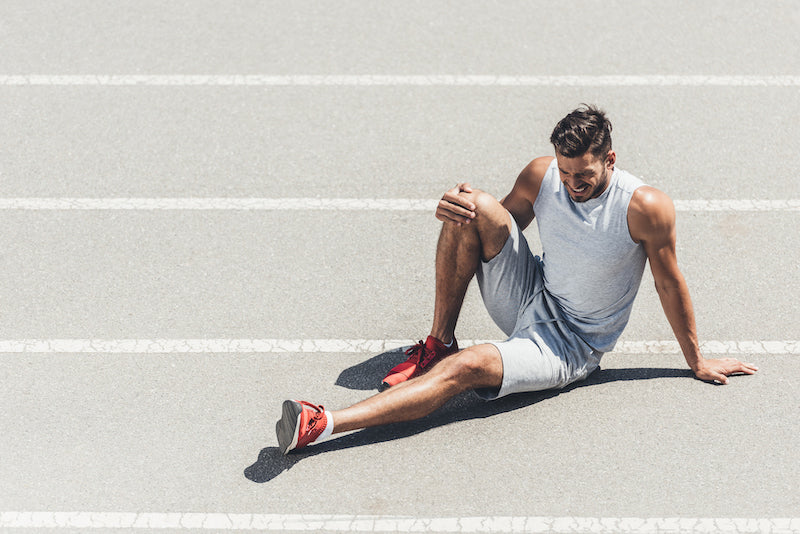
PHARMA-FREE WAYS TO REDUCE JOINT INFLAMMATION
Do you suffer from joint inflammation and pain? If so, you are not alone. Nearly one in four American adults is affected by joint pain and stiffness [1]. However, whether chronic or occasional, there are ways to reduce inflammation and improve your quality of life.
In this blog post, we will discuss simple but effective methods you can use to get relief from inflammation and the pain and discomfort that comes with it. We will also cover some tips on how to prevent inflammation from happening in the first place. So if you're ready to start feeling better, keep reading!
EAT YOUR DAILY RECOMMENDED DOSE OF PROTEIN

One of the best ways to reduce inflammation is to get enough protein in your diet. Protein is essential for repairing tissue and reducing inflammation. Although this varies greatly depending on your genetics, age, and daily activity level, the recommended daily protein intake is between 0.4 to 0.5 grams per pound of body weight. So if you weigh 150 pounds (68kg), you should aim to consume at least 54 to 68 grams of protein each day.
On the other hand, the recommendation is higher for athletes since the aim in their case is to promote proper muscular recovery and growth and maintenance of lean mass. Considering this, the International Society of Sports Nutrition recommends between 0.64 to 0.91 grams per pound of body weight. However, more recent studies on the effects of protein supplementation on muscle mass and strength have shown the average amount of protein required to maximize lean mass is about 0.73 g, and some people need upwards to 1.0 grams per pound of body weight.
So why is it important to make sure you are getting your protein intake right?In a 2019 study on 2061 participants, protein intake was inversely associated with changes in the inflammation and oxidative stress score— indicating overall inflammation/oxidative stress increased less in those with the highest intake than in those with the lowest [2].
Many foods are high in protein, including meat, fish, poultry, eggs, dairy products, legumes, and nuts. You can also get protein from clean supplements and protein powders. Be sure to talk to your doctor before starting any supplement regimen, especially if you have a medical condition.
INTRODUCE THE RIGHT AMINO ACIDS INTO YOUR DIET
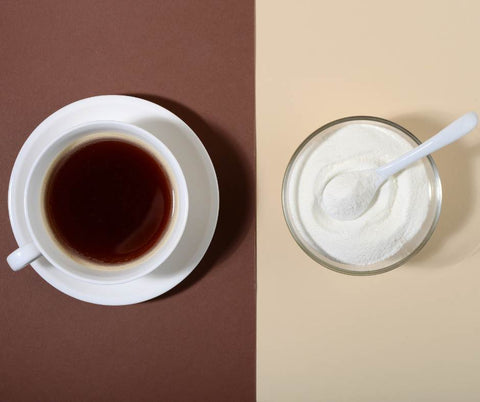
Collagen is a protein that helps keep your joints healthy and reduce inflammation. It can also help to improve your skin health and prevent wrinkles. Collagen supplements are available in powder or pill form. They can be added to food or beverages or taken on their own. Tablets usually do not contain enough grams of collagen to make a difference. Research suggests 10g of daily consumption is the purpose, and small tablets often only provide around 1 gram, so you must ingest 8 to 12 daily. Alternatively, you can also find collagen in some foods, such as bone broth.
The body needs specific amino acids to regenerate healthy connective tissue—tendon, muscles, ligaments, skin, and cartilage.
With a unique amino acid profile, FLEXIBLE collagen proteins contain high levels of the amino acids glycine, hydroxyproline, proline, alanine and arginine—providing superior joint health support.
MAKE GLUCOSAMINE YOUR NEW BEST FRIEND

Glucosamine is a type of sugar found naturally in the body. It helps to keep cartilage healthy and reduce inflammation. However, with age, the body's ability to produce glucosamine declines. Studies worldwide have shown that glucosamine reduces joint pain, especially among people with osteoarthritis. Moreover, studies have linked regular consumption of glucosamine supplements with lower levels of inflammation [3].
Glucosamine supplements are available in pill or powder form. You can also find them in some foods, such as shellfish, bone broth, and dark leafy greens. If you have a shellfish allergy, you can look for a supplement made from vegetarian glucosamine sources. However, it might be slightly less effective and less research has been conducted on vegan options.
GET MORE EXERCISE
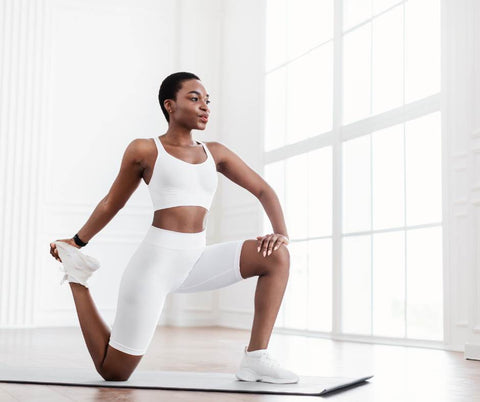
Exercise is one of the best things you can do for your overall health and can also help reduce inflammation. It might sound counter-intuitive to exercise when in pain and stiffness, but movement enhances blood flow which will, in turn, help decrease joint inflammation. Exercise also helps reduce stress hormones and contributes to the release of endorphins, which are hormones that improve mood and promote pain relief.
Aim to get at least 30 minutes of exercise each day, even if it's just a brisk walk around your neighbourhood. If you have a chronic condition such as arthritis, talk to your doctor before starting an exercise program. They can give you specific exercises that are safe for your condition. Any impact-free exercise is advised to avoid creating further damage or triggering more inflammation.
SAY NO TO STRESS

Stress is known to contribute to overall inflammation. But most specifically, chronic psychological stress impairs the recovery of muscular function [4]. Inflammation and soreness are healthy after resistance training, but so is your body's ability to rid them in a timely manner. A 2012 study demonstrated that psychological or perceived psychological stress would delay muscle recovery from resistance training and recovery from soreness and inflammation [5]. We tend to separate mental and physical health, but these studies remind us they do not operate independently but as a whole.
It's important to find ways to manage stress in your life. There are many different ways to do this, such as movement, meditation, and journaling. Find what works best for you and make it a part of your daily routine. You'll be surprised how much better you'll feel—psychologically and physically— when you're not constantly stressed out!
Pursuing what you love—living purposefully—can also help reduce stress. Make time for what you love each day, even for a short time; it might also contribute to decreasing your inflammation.
MASSAGE AWAY THE PAIN

Massage is a great way to reduce inflammation and pain. It helps to increase blood flow and release endorphins. Massage can be done by a professional, or you can do it yourself at home.
Research has shown that massage can lower the body's production of the stress hormone cortisol; decrease levels of the hormone arginine-vasopressin, which may lower blood pressure; reduce levels of some inflammatory cytokines, including IL-4 and IL-10; and increase production of the mood-boosting hormone serotonin [6].
If you don't have time for a full-body massage, you can focus on specific areas that are giving you trouble. For example, if your neck is always stiff, try using a tennis ball to massage the muscles in your neck. You can also use essential oils to help reduce inflammation and pain. Add a few drops of oil to your lotion or cream and massage it into your skin.
THE BOTTOM LINE
There are many different ways to reduce inflammation. Some of these methods are more effective than others, but the important is to find what works best for you. You may need to try several different techniques before you find the ones that work best for you. Don't get discouraged if something doesn't work right away. Keep trying until you find something that gives you relief!


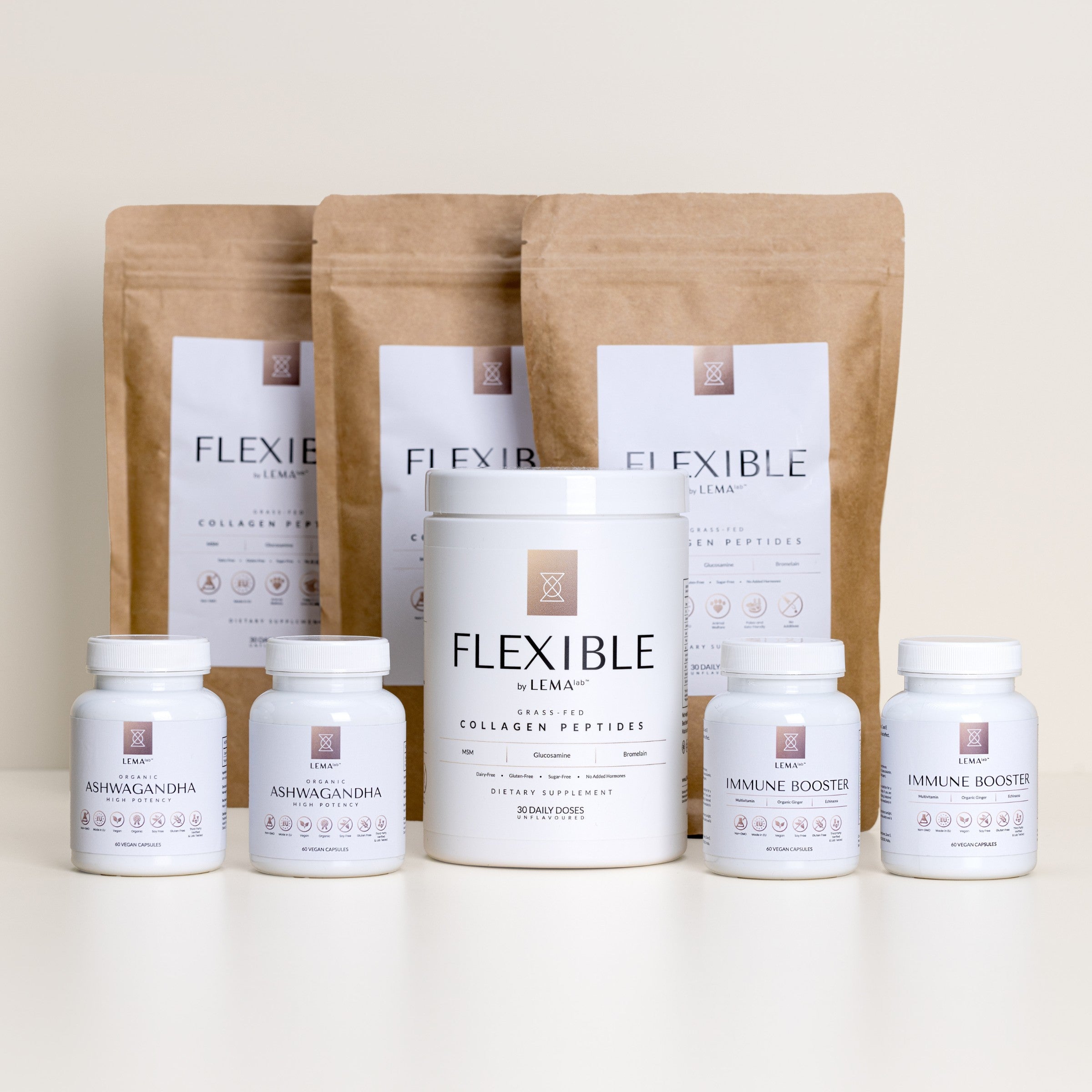
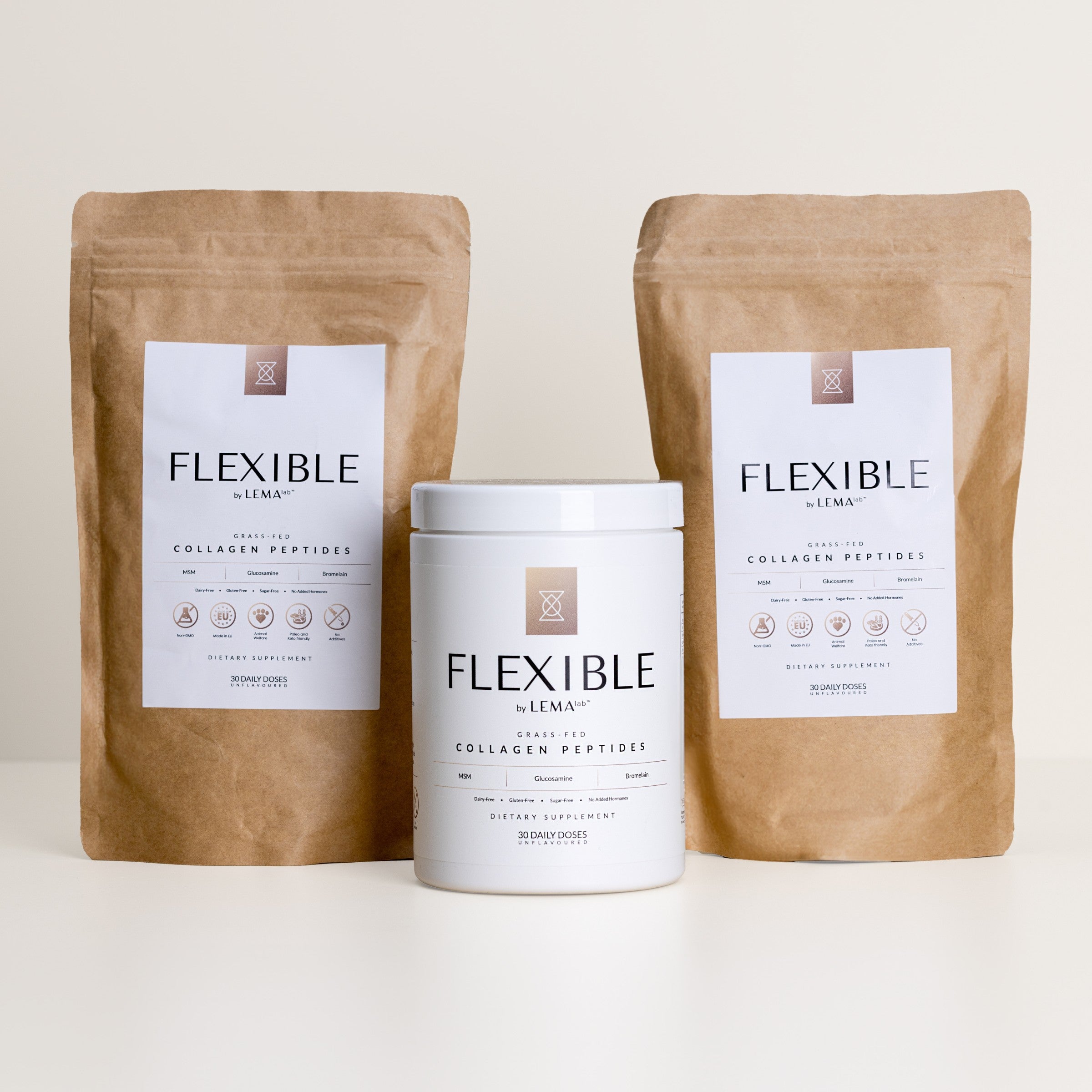

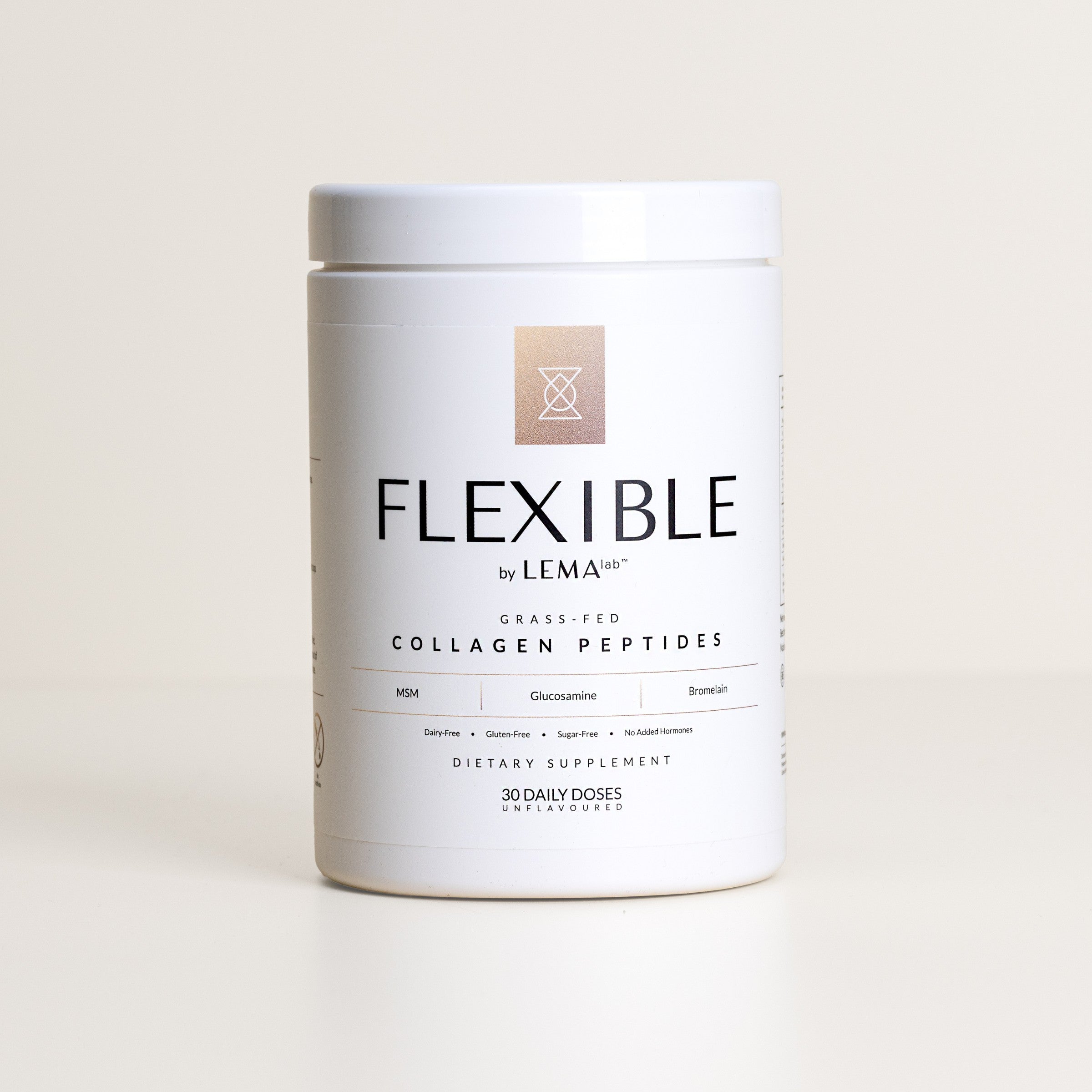
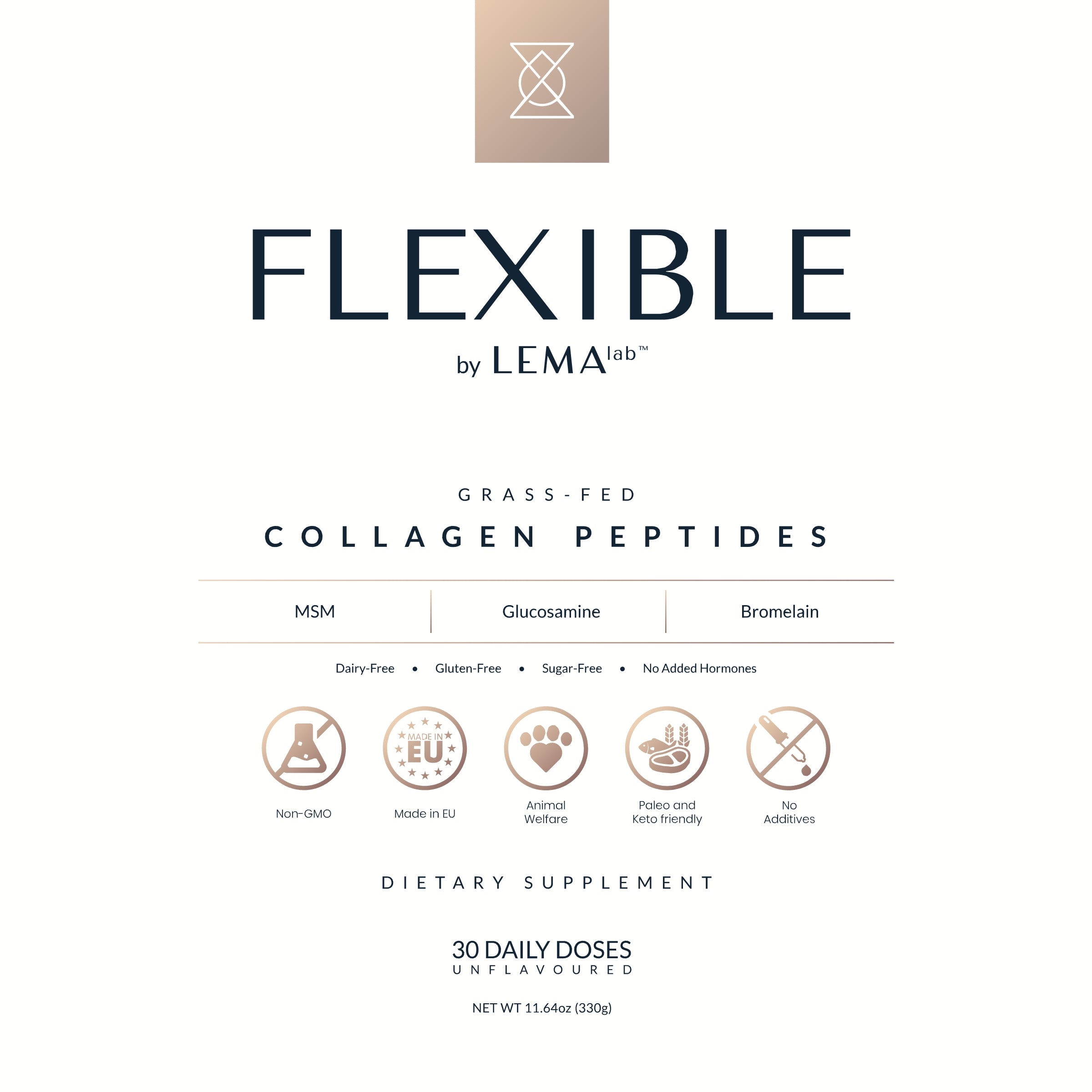
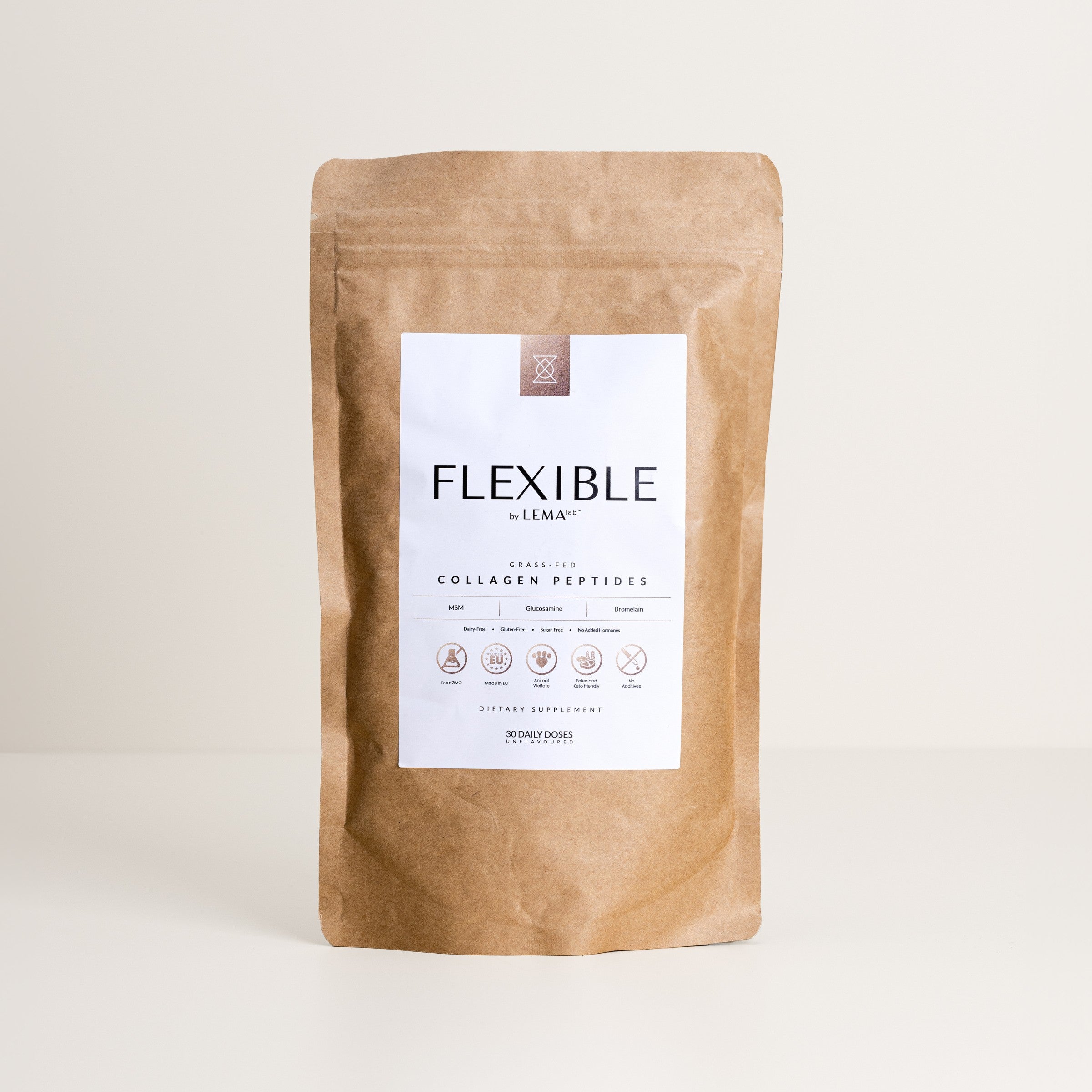
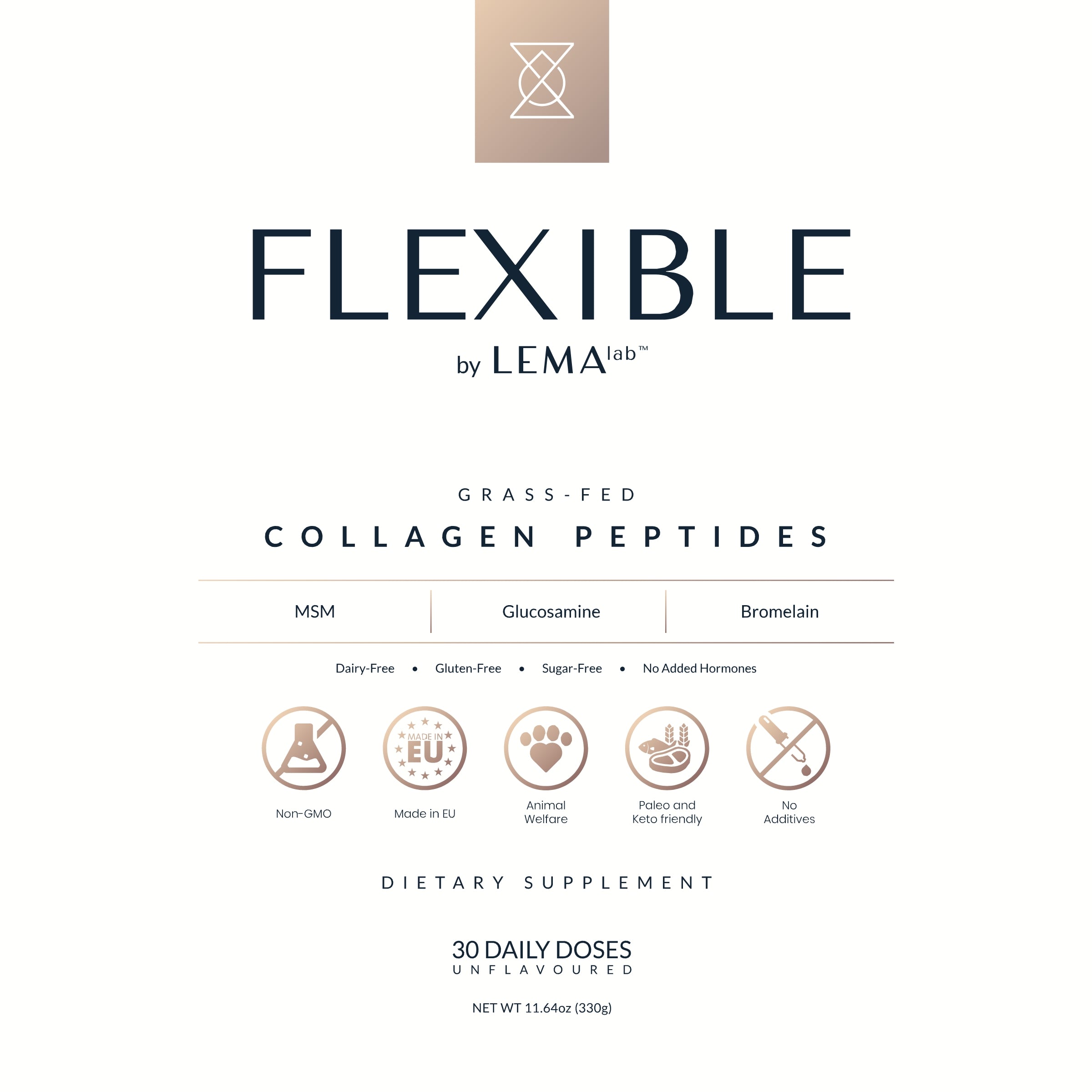
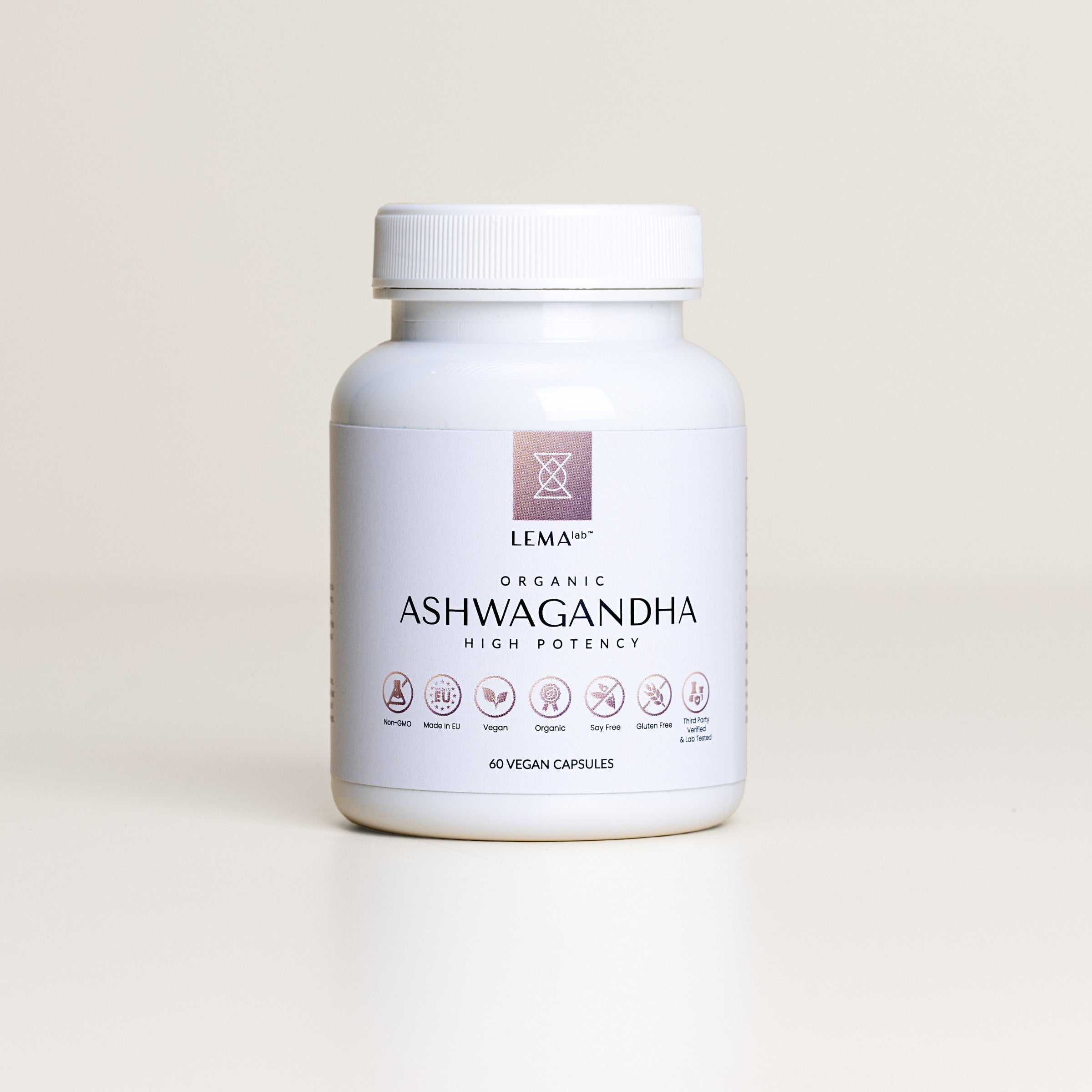
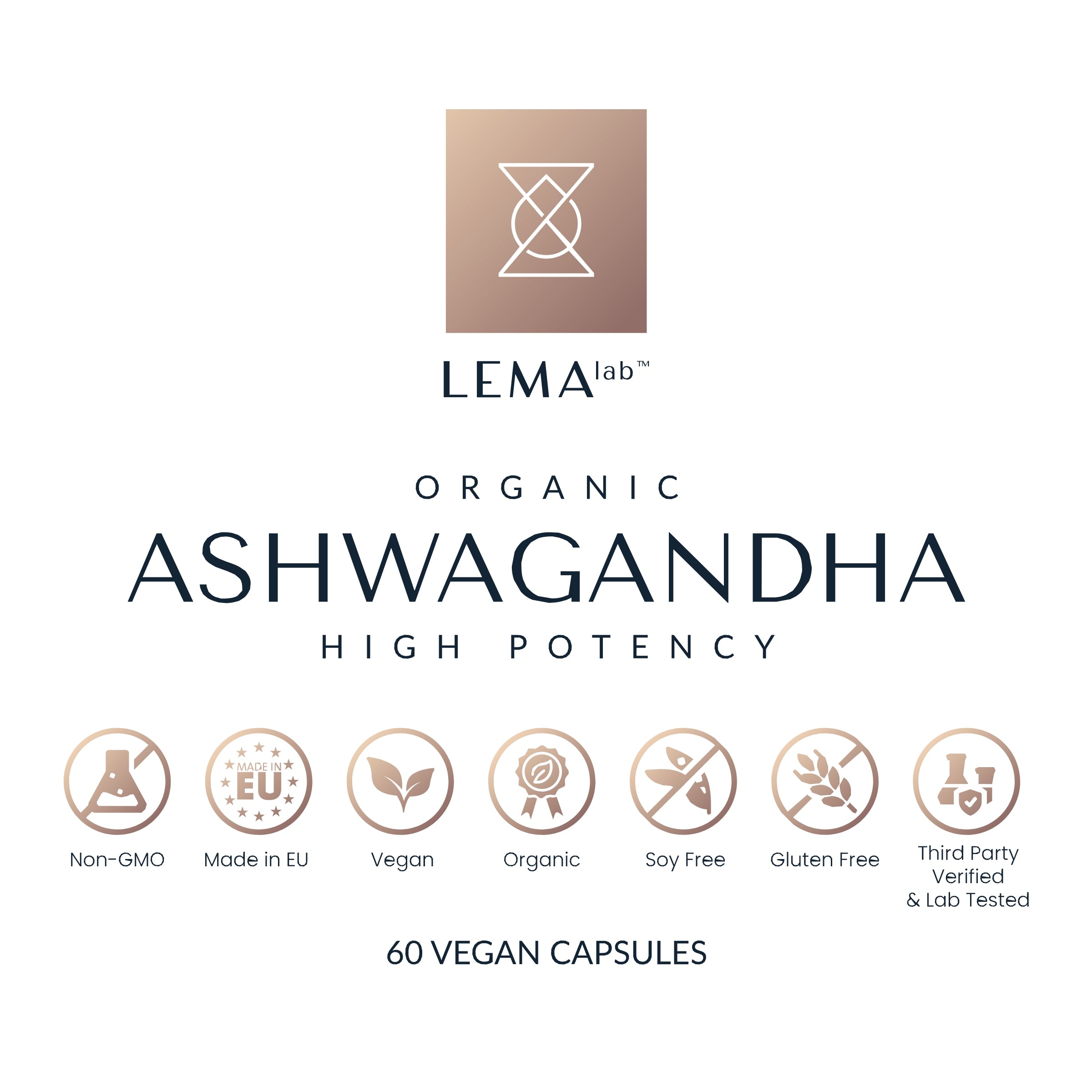
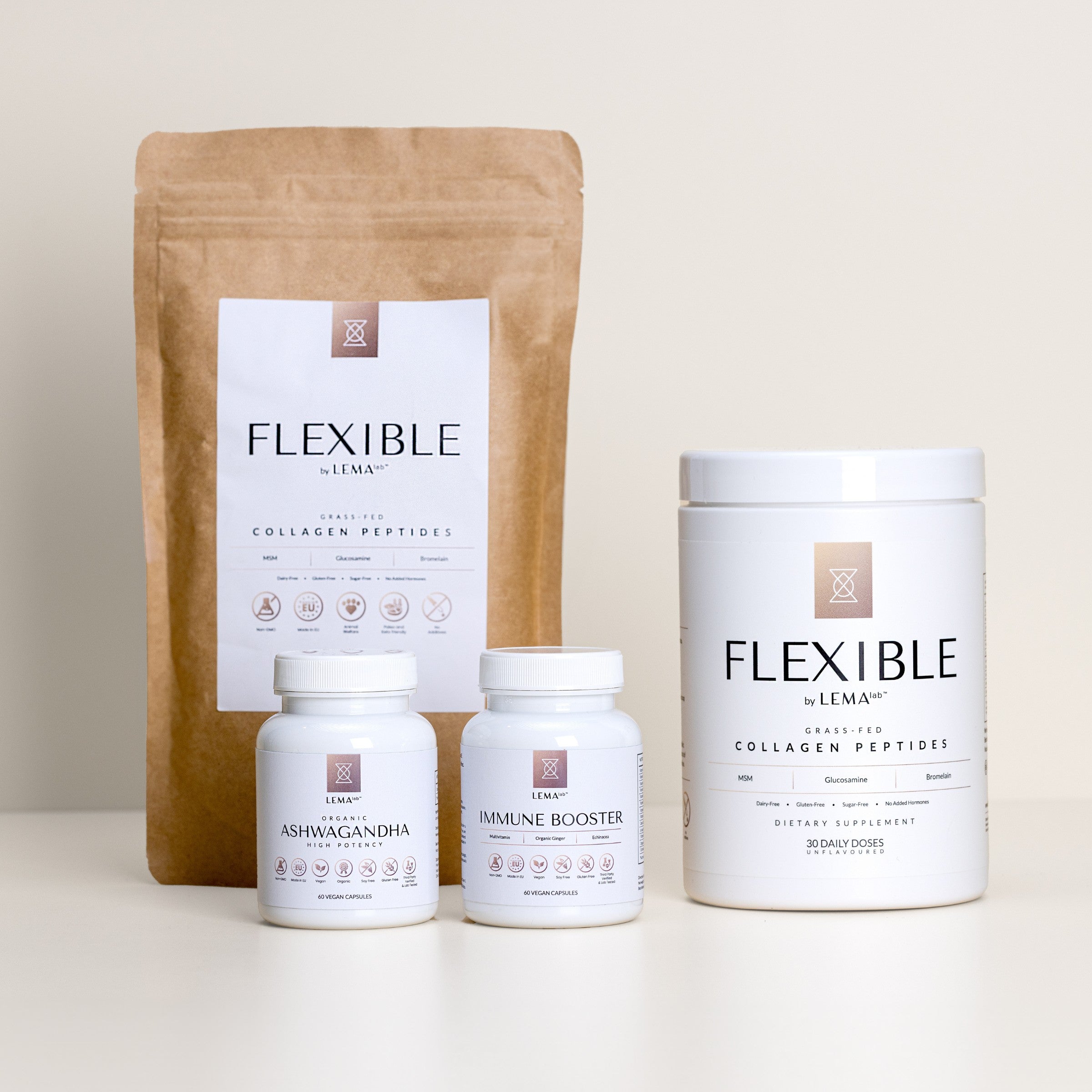
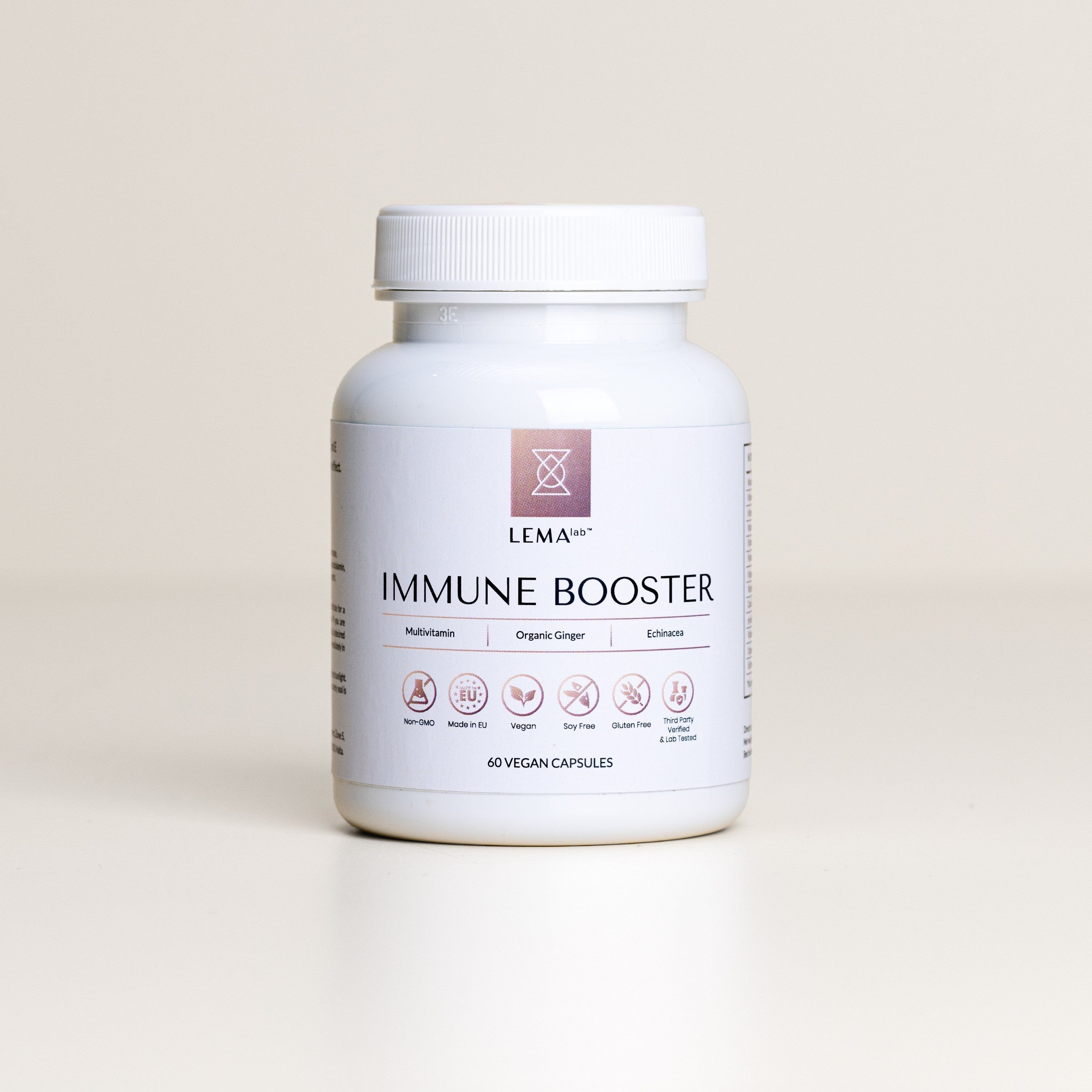
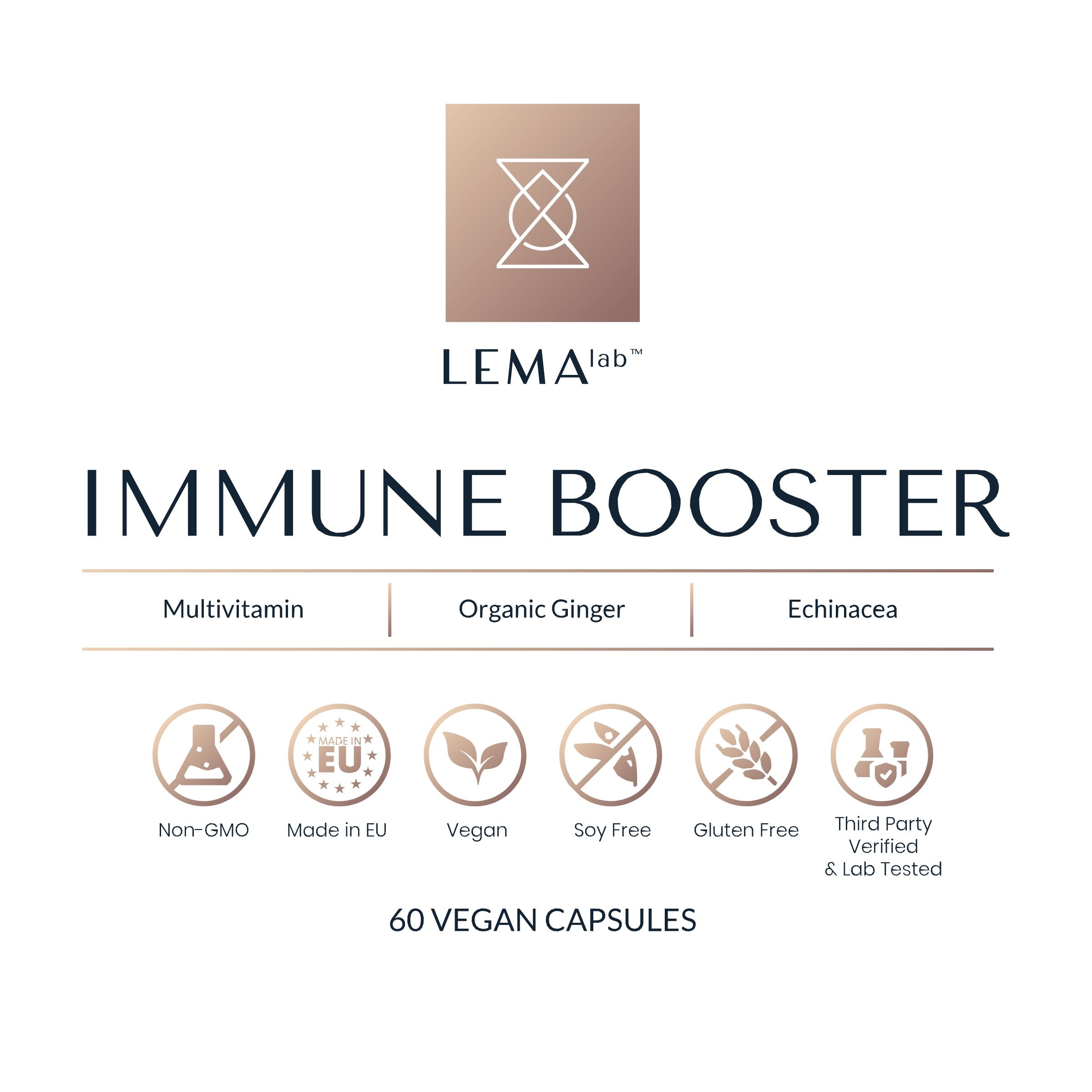
Leave a comment
This site is protected by hCaptcha and the hCaptcha Privacy Policy and Terms of Service apply.